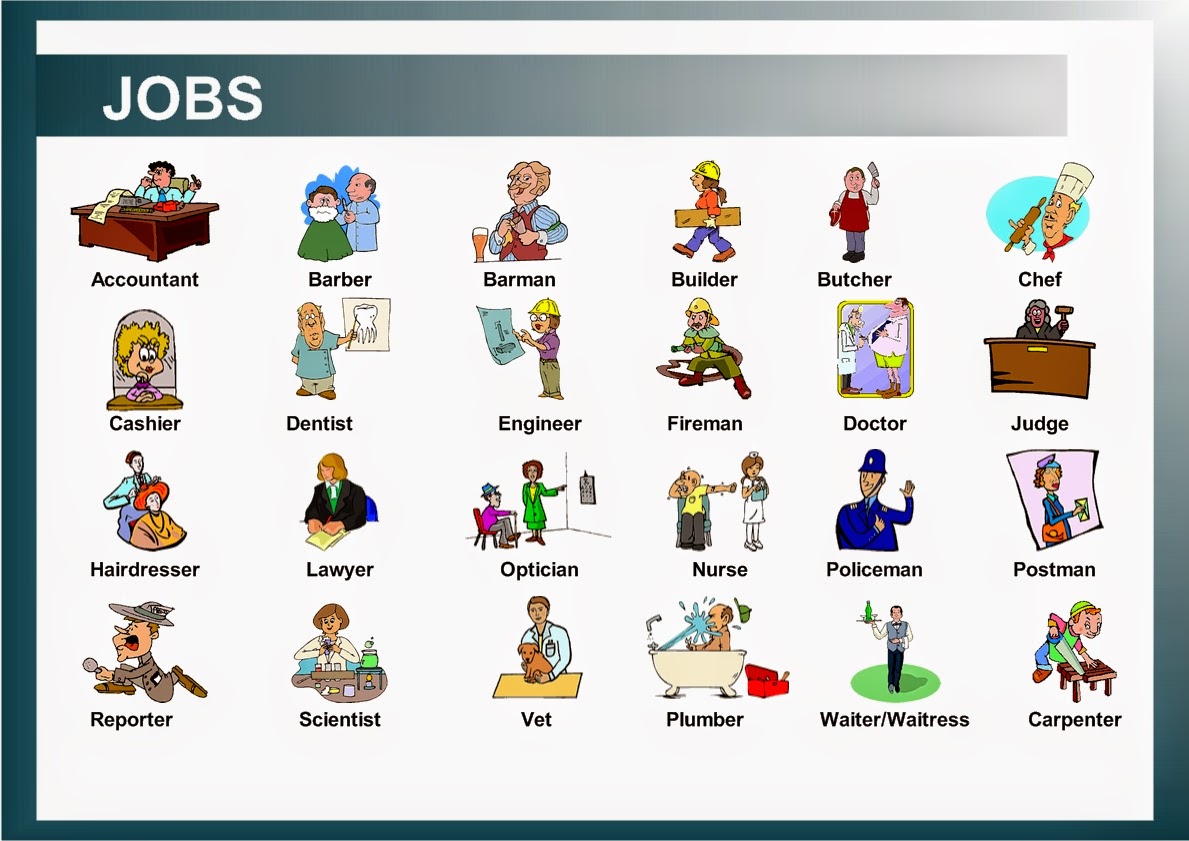7 Business Careers

Introduction to Business Careers

In the vast and dynamic world of business, there exist numerous career paths that individuals can pursue, each with its unique challenges and rewards. The business sector is diverse, encompassing fields such as finance, marketing, management, and more. For those considering a career in business, understanding the various options available is crucial. This article will delve into seven business careers, exploring their responsibilities, required skills, and the educational background needed for each.
1. Management Consultant

A management consultant is hired by organizations to identify and solve problems, improve efficiency, and enhance overall performance. This role involves analyzing existing business practices, developing strategies for improvement, and implementing these strategies. Management consultants must possess strong analytical and communication skills, as well as the ability to work well under pressure. Typically, a bachelor’s degree in a relevant field such as business administration or management is required, although many consultants also hold advanced degrees like MBAs.
2. Financial Analyst

Financial analysts are responsible for guiding businesses and individuals in investment decisions by assessing the performance of stocks, bonds, and other investment opportunities. They analyze data, create forecasts, and develop models to predict future economic trends. A strong foundation in finance, accounting, and economics is necessary, along with excellent analytical and problem-solving skills. Usually, a bachelor’s degree in finance or a related field is the minimum educational requirement.
3. Marketing Manager

Marketing managers are at the forefront of promoting products, services, and ideas. They oversee market research, develop marketing strategies, and manage campaigns to reach target audiences. This role demands creativity, strong communication skills, and the ability to analyze market trends. A bachelor’s degree in marketing or a related field is often required, with many marketing managers also holding MBAs.
4. Human Resources Manager

Human resources (HR) managers are pivotal in ensuring that organizations have the right talent and a positive work environment. They are responsible for recruiting, training, and developing employees, as well as handling employee relations and benefits. HR managers need to be empathetic, have excellent communication skills, and be well-versed in employment law. A bachelor’s degree in human resources, business administration, or a related field is typically required.
5. Operations Manager

Operations managers oversee the operational aspects of a business, ensuring efficiency and productivity in the production of goods and services. They manage supply chains, maintain quality control, and optimize business processes. This role requires strong organizational and leadership skills, along with the ability to analyze complex systems. A bachelor’s degree in operations management, business administration, or a related field is usually necessary.
6. Information Technology (IT) Manager

IT managers are responsible for the planning, coordination, and implementation of computer systems and technology within an organization. They ensure that all IT projects are aligned with the company’s goals and that the technology in place is secure, efficient, and up-to-date. IT managers must have a deep understanding of technology, strong problem-solving skills, and the ability to lead teams. Typically, a bachelor’s degree in computer science, information technology, or a related field is required.
7. Entrepreneur

An entrepreneur is an individual who creates, organizes, and manages their own business, often taking on significant financial risks in the pursuit of profit. Entrepreneurs are involved in all aspects of their businesses, from developing the initial concept to securing funding and managing day-to-day operations. To be successful, entrepreneurs need to be innovative, resilient, and have excellent business acumen. While formal education can be beneficial, many successful entrepreneurs are self-taught, learning through experience and trial and error.
📝 Note: Each of these careers requires dedication, hard work, and continuous learning to stay abreast of industry developments and best practices.
In summary, the world of business offers a wide range of career opportunities, each with its unique demands and rewards. Whether one is interested in finance, marketing, management, or starting their own venture, there is a business career path to suit various skills and interests. Understanding the responsibilities, required skills, and educational background for each career can help individuals make informed decisions about their professional futures.
What are the most in-demand business careers currently?

+
Currently, careers in digital marketing, data analysis, and IT management are highly in-demand due to the digital transformation of businesses.
Do all business careers require an MBA?

+
No, not all business careers require an MBA. While an MBA can be beneficial for advancing in many business roles, especially in management and executive positions, many entry-level and specialized positions may only require a bachelor’s degree or specific professional certifications.
How can someone choose the right business career for them?

+
Choosing the right business career involves considering one’s interests, skills, and values, as well as researching the job market and required qualifications for different roles. It can also be helpful to seek advice from career counselors, professionals in desired fields, and to gain experience through internships or volunteering.



